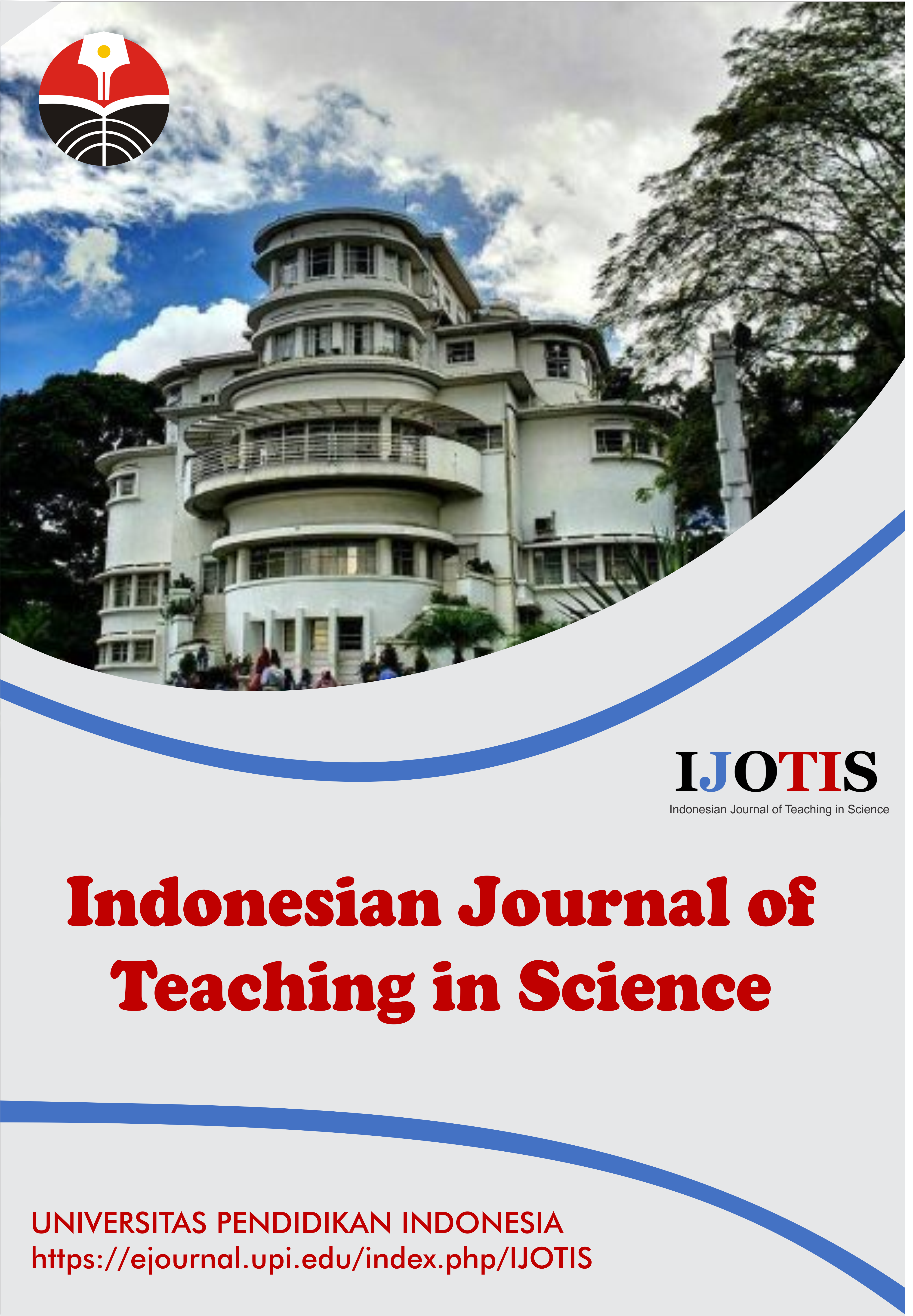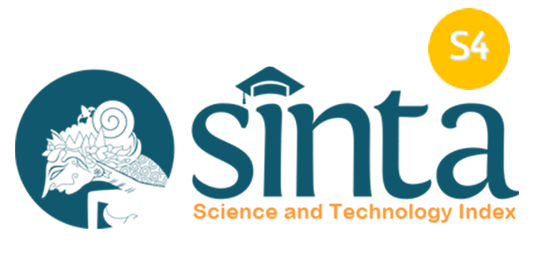Improving Training of Modern Leaders Utilizing it in The Administration of The Higher Education System
Abstract
This paper aims to discuss the problem of organizing students ' independent educational activities using IT projects and task management system. The concept of " independent learning activity " is formulated based on the studied domestic literature on this issue. The methodological potential of IT (e.g. the JIRA platform) is considered in the example of practical tasks of project management and organization of interaction between participants by analysing the functions of the program and correlating them with the tasks being implemented. The data obtained indicate the expediency of using the JIRA project and task management system as a means of implementing independent research -level learning activities when organizing a group project. The content of the research level of the system for improving independent learning activities is disclosed with consideration of preparatory measures and the first form of practical application, mastered and updated, which is a "group project ". The psycholinguistic content of independent learning activities of students at the level of higher education is analysed. The results of a methodical analysis of the JIRA project and task management system, which allows you to coordinate the interaction of users, students, project managers, and teachers are presented. A variant of preparing students for the group implementation of specialized linguistic independent educational activities by using the JIRA project and task management system is proposed.
Keywords
Full Text:
PDFReferences
Cook, C. E. (2008). Study abroad for Chinese university presidents: How China is reforming higher education. Change: The Magazine of Higher Learning, 40(3), 32-39.
Galazhinsky, E. (2017). In-Demand competencies of university leaders: global trends vs russian practices. Universitetskoe upravlenie: Praktika i Analiz - University Management: Practice and Analysis, 21(2), 6-8.
Joo, M. T. H., Hee, T. F., and Piaw, C. Y. (2014). Leadership orientations of an educational leader in a private university in Malaysia. Procedia-Social and Behavioral Sciences, 114, 681-686.
Legon, R., Lombardi, J. V., and Rhoades, G. (2013). Leading the university: The roles of trustees, presidents, and faculty. Change: The Magazine of Higher Learning, 45(1), 24-32.
Liu, X. (2006). University president and strategy – several problems needed to be studied in the university strategy administration of China. Journal of Higher Education, 27(6), 1-7.
Reznik, S. (2009). Rectors Career: What Is It? Universitetskoe upravlenie: Praktika i Analiz. University Management: Practice and Analysis, 31(5), 7-14.
Reznik, S. D. (2012). Organization, planning and self-control of rector's personal activity. University Management: Practice and Analysis, 35(5), 80-93.
Reznik, S.D., and Fomin, G.B. (2013). Organisation of the University Rector’s Activity. Vestnik Kemerovskogo gosudarstvennogo universiteta: Bulletin of Kemerovo State University, 1(1), 279-283.
Rosser, J. M. (1990). The role of the university president in realizing the multicultural university. American Behavioral Scientist, 34(2), 223-231.
Zhdanov, P., Trostyanskaya, I., Barsukov, A., and Polikhina, N. (2019). The modern rector: Competencies required in the global academic marketplace. Voprosy obrazovaniya= Educational Studies Moscow, 2. 129–158.
DOI: https://doi.org/10.17509/ijotis.v3i2.61553
Refbacks
- There are currently no refbacks.
Copyright (c) 2023 Universitas Pendidikan Indonesia

This work is licensed under a Creative Commons Attribution-ShareAlike 4.0 International License.
Indonesian Journal of Teaching in Science (IJoTIS) is published by Universitas Pendidikan Indonesia (UPI)
 Indonesian Journal of Teaching in Science
Indonesian Journal of Teaching in Science



